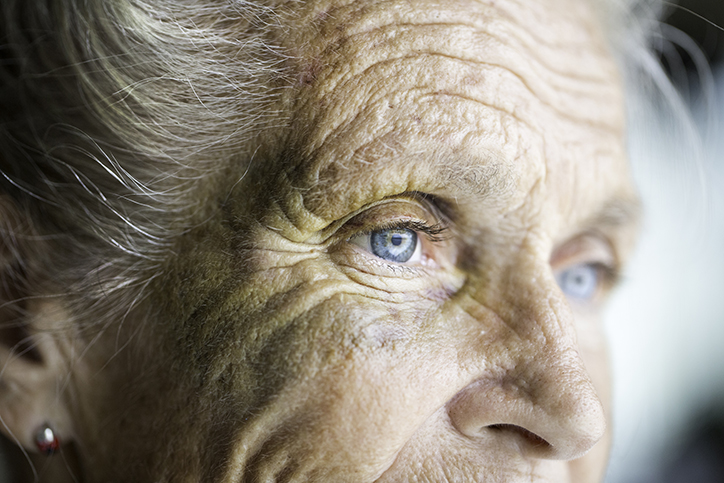Of the countless changes that manifest as people grow older, senior bruising is one that can be alarming for family members to notice in their loved ones. It is critical to talk to the person’s doctor whenever there’s a health concern, but it is also important to know that senior bruises are quite common. Bruising in the elderly typically is a result of the thinning of the skin and a lessening of fat that is common with growing older. Even a light bump to older skin can result in much more noticeable bruising when compared to younger skin.
Compassionate Care Home Health Services offers the tips below to help lower the risks for bruises, and to help heal bruises when they do occur:
How Can I Prevent Bruises in Seniors?
- Assess the safety of the senior’s home and property, making sure there are broad walking paths that are clear of objects the person might trip over or bump into. Compassionate Care Home Health Services can help evaluate the senior’s home for safety hazards as well.
- Encourage the person to wear long pants and sleeves when performing activities that might result in an injury to the skin, such as housework or gardening.
- If the person is a smoker, provide support to help them quit. Smoking reduces collagen production, which can cause easier bruising in senior skin.
- Ensure that the senior’s diet includes lots of vitamin C, which plays an important role in collagen production.
- Find out if the individual is taking any of the medications listed below, as they can raise the risk of bruising (NOTE: Never stop any medication without the doctor’s guidance):
- Corticosteroids
- Aspirin
- Antiplatelet medications
- Anticoagulants (coumadin, heparin)
- NSAIDs (Advil, Aleve, and ibuprofen)
What Should I Do to Help Heal Senior Bruising?
- Place a cold compress over the bruise for about 20 minutes to minimize the blood flow to the area. This can help reduce the size of the bruise plus reduce swelling.
- If feasible, elevate the bruised area.
- Wrap the area with a compression bandage to help minimize swelling.
Be sure that the individual receives immediate medical help for any bruises that appear for no clear reason, particularly if the person has started taking a new medication or if bleeding occurs in other parts of the body, like the nose or gums.
Compassionate Care Home Health Services’ elder care team is skilled in a variety of in-home care services and can help with many concerns, including elderly skin needs, such as:
- Assistance with walking to help prevent falls and other injuries
- Bathing and moisturizing
- Checking the skin for bruises or other changes
- And much more
Contact us today at 877.308.1212 for more skin care tips for older adults and to learn more about our home care in Cadallic and the surrounding areas. For a full list of all of the communities where we provide care, please visit our Locations page.

